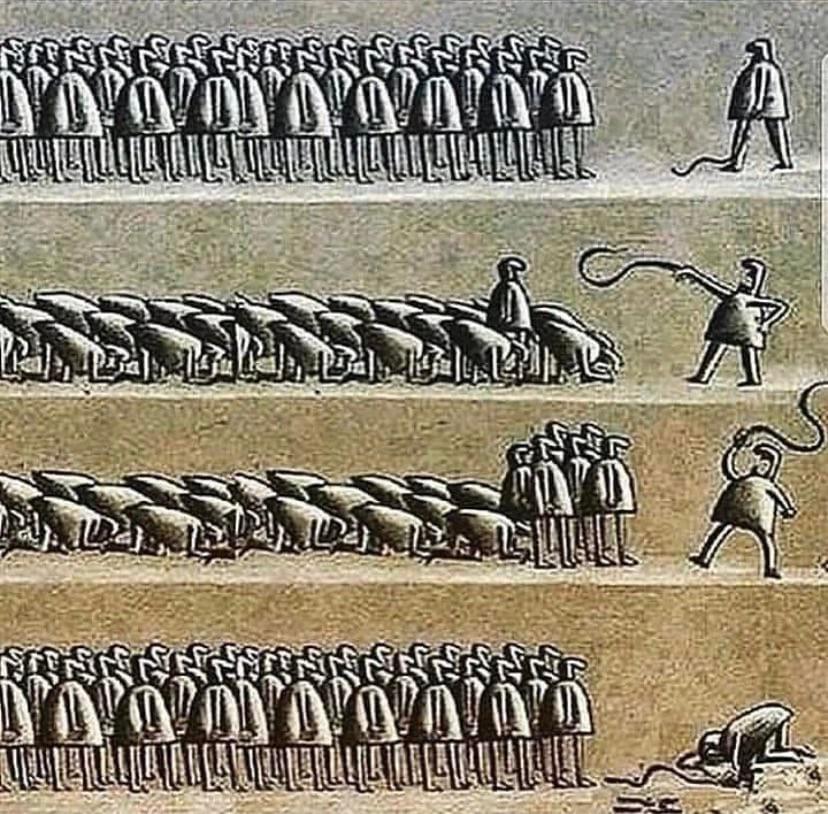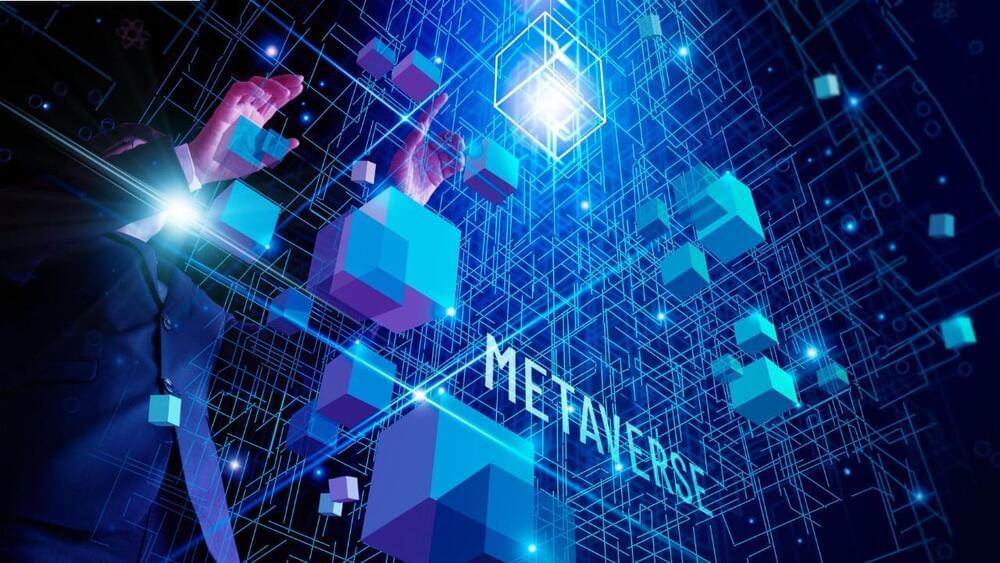Lately, there’s been no shortage of talk about the transition to Web3, a new digital frontier powered by blockchain and accessible via decentralized applications (dapps). But while many of the products created thus far are groundbreaking — offering verifiable digital ownership and access to new financial instruments — they still haven’t managed to galvanize mainstream adoption yet.
To reach critical mass, the blockchain industry needs to ensure that platforms and services are easy to use as their current-gen counterparts. ## **We aren’t there yet**
The current landscape of the internet is still very much grounded in Web2 architecture. While users can access a range of services, each requires its own unique username and password and third-party platforms are typically still needed to process payments. While this model has ostensibly worked well enough for the past two decades, it’s been mired by the centralized control of big tech companies, which thrive on selling user data.







